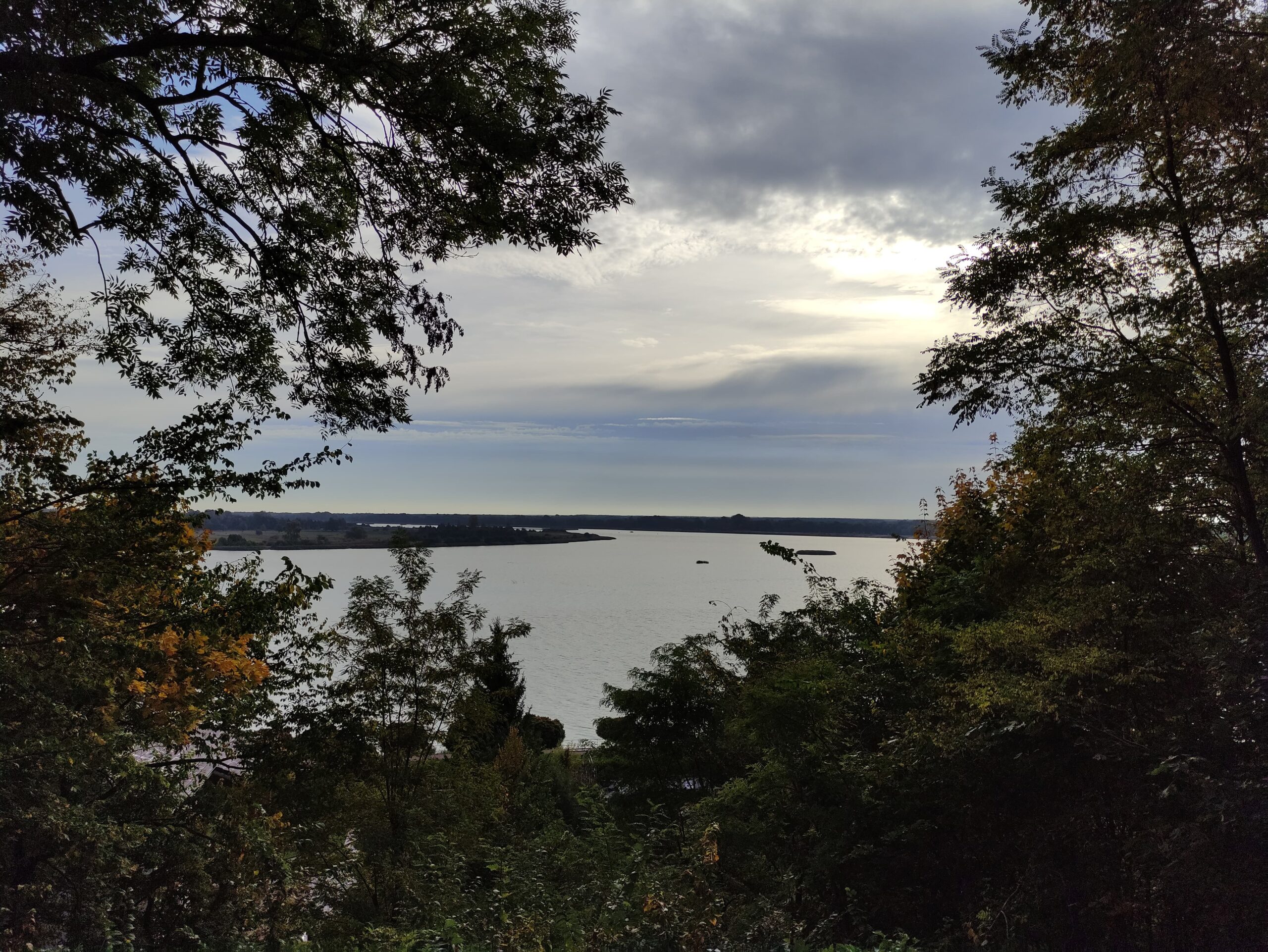The Community Energy Municipal Guide will help local authorities navigate the many roles they can play to support the development of energy communities in their area.
Serock is a small town of 4 000 inhabitants located north of Warsaw. In February 2021, they launched Sunny Serock, one of the first energy cooperatives in Poland and Central/Eastern Europe. The idea came from the municipality, who wanted to improve energy security and foster local development while reducing emissions. But also, they wanted to address citizens’ demand of more local support for renewables.
The town mobilised citizens to reclaim a former landfill for renewable energy production. They thought that a shared PV plant would have been more effective than individual solar installations on private rooftops, as a way of giving all residents the possibility to benefit from locally sourced renewable energy. Solar energy was the most promising energy source for the area, and they opted for including a storage system to ensure a more stable supply.
Local support to community energy
Serock is very committed to making this first local cooperative a success. To use the landfill, the cooperative needed several permits that were obtained with the town’s support. For now, the Municipality is allowing the cooperative to use the land for free, but after a start-up period, the cooperative will pay for the lease of the site at a preferential rate. In addition, the municipality also provided them with a meeting place and is acting as an intermediary with the grid operator. Municipal staff also has an active role in the coop: the president of Sunny Serock is the head of the town’s infrastructure department, and the mayor of the town is also a member. In addition, the municipality owns shares in the cooperative.
Free electricity for members
Currently, Sunny Serock is in the process of selecting the contractor who will install the solar panels. The plant should have a capacity of 0.3-0.35 MW. In Poland, cooperatives cannot sell energy, so all electricity produced must be used by the (60 and counting) members of the cooperative. This means that members will have access to free electricity but will have to contribute to the costs of maintaining the installation – such as technical interventions, insurance, or taxes. These costs, however, will be minimal compared to the current energy prices.
The cooperative aims at gathering enough members to use all the energy produced by the first installation. Then, if more residents are interested in joining, they will explore the possibility of developing additional RES projects.
Are you a city looking to support an energy community or launch a community energy project? SCCALE Municipal Guide presents the different ways municipalities can work with their residentson this topic. You will also find information about other local pioneers of community energy in Europe!
Interested in knowing more about SCCALE 20-30-50 project? Follow #SCCALE203050 on Social Media!
